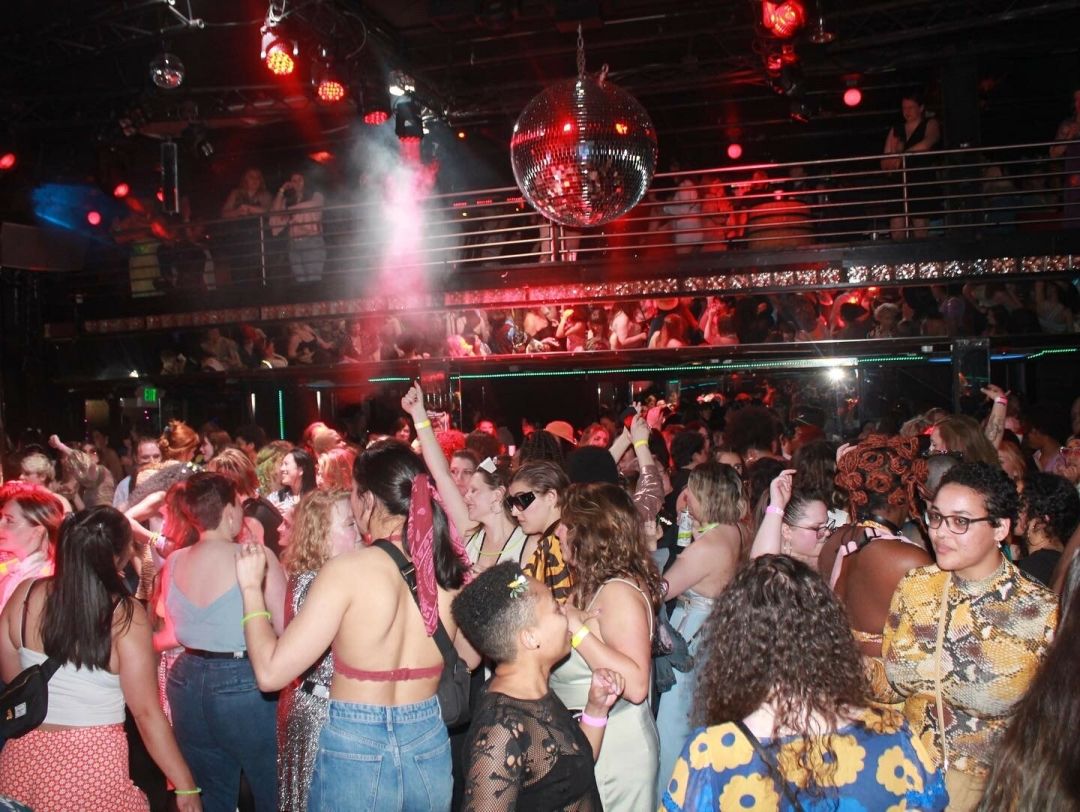L
isten to your parents. We had been usually instructed this growing up, however we hardly ever performed so. We’d our personal road to carve away.
It is not unusual in all quantities of society for us to generally speaking dismiss the viewpoints of elderly people. The discussion and conversation across Matrimony Equality Postal Survey has actually viewed not an exception for this, with opinion getting sought from a variety of lovers and individuals who will be perhaps regarded as being of an age which is the majority of afflicted by a change in the Marriage operate.
We now have heard a number of elder sounds being broadcast. These include, however, generally speaking from those who would like to see wedding equivalence attained, so they really as well may marry. For most, there clearly was a desperate feeling of time running-out. Obtained waited years.
Those against or ambivalent toward wedding aren’t normally being heard in this debate. I understand this. We’re fighting more difficult than ever before for an outcome and tend to be reluctant to add gasoline on «No» flame, specially from your own neighborhood.
Enjoying their own opinions really does, but lead us to a knowledge on the reputation for equal rights comprising the decades, and really should not overlooked of your conversation. Instead of shrugging all of them off, possibly we are able to begin viewing the parents through a lens which broadens the perceptions of our set in the schedule of activism and equality. In this case, maybe it is the right time to tune in to our very own elders.
I
n 2015, David Hardy introduced the stunning anthology
BOLD: tales of earlier homosexual, lesbian, bisexual, transgender and intersex people
. It permitted for tales as heard from individuals who have been residing silently for many years. I provided to this selection of tales with a piece to my dear friends Phyllis and Francesca. These ladies remain proud feminists, and from 1970 forwards, when they began existence together as a few, they invested many time encouraging lesbians who were pursuing a feeling of belonging, and connections. During my part, We give some point of view about problems worth focusing on compared to that generation of activists.
«â¦we have to recall goals had been dissimilar to the lesbians of Phyllis and Francesca’s period. There have been those perhaps not promoting for marriage between same-sex lovers in 1970, plenty only attempting to improve the community profile of lesbians and tackle the social stigma affixed⦠the goals of ALM (Australian Lesbian motion) also homosexual and ladies liberation teams had been significantly dissimilar to a lot of organizations today with an ongoing concentrate on wedding equality.»

Exactly what happened to be the opinions towards matrimony more generally? Lots of have actually reflected that marriage ended up being seen as a hit a brick wall and impaired organization, and as a symbol of ladies’ inequality in community. Not merely were numerous lesbians versus conventional agreements, but therefore also were feminists a lot more broadly, irrespective of their particular sex. When I learned:
«Lesbians happened to be strong causes in feminist activity in seventies, and marriage was viewed as a symbol of the oppression of women are put aside along side glory containers and corsets.»
The fact all of our trans buddies are now being omitted associated with the legislative picture can be an obstacle for several opponents of relationship inside our neighborhood, and that I learn Phyllis and that I have mentioned this really concern. We dare state this must be the then objective.
Without a doubt, whilst we much to educate yourself on from our LGBTIQ parents, regard is a two way road and now we because younger queers have actually much to instruct. So what does relationship suggest to us? For most, it’s symbolic of the end of heteronormativity and the finally unicorn of equality! Its a juggernaut that has today merely appear past an acceptable limit to let it disappear into a political wasteland. We’ve got endured a lot of punishment to let it sleep.
H
ow we see the parents, in addition to their encounters as well as their place in the queer society â plus broadly â deserves negotiating now.
Archer Magazine
features, in its concerted attempts to end up being inclusive of all, been one program that places the sex and relationships of older people within the limelight. The parents have a sex life, they will have requirements, opinions and encounters we should all fret with. After all, how exactly we address our elders is actually a clear and stark look into our personal futures. Do you realy like everything see?

Basically could, i might combine right up more youthful LGBTIQ individuals each with an elder teacher, as advantages to this commitment is far-reaching for events. We would not at all times like exactly what the elders inform us, however it is nonetheless worth a listen. Given that relationship equality discussion wraps up, this will be a training we should instead find out for the potential fights.
Belinda has actually a desire for storytelling and voiced term poetry, with a love of queer history and stories of identity, migration while the urban landscape. In 2014, she along with her companion Cecile Knight released the self-published book CO_The artistic partners venture. She’s got been posted into the Victorian publisher, n-SCRIBE, Mamamia.com, writingqueensland.com therefore the 2015 anthology BOLD: tales from meet older lesbians, gay, bisexual, transgender and intersex individuals by David Hardy, posted of the Rag and Bone Man Press, and interviewed on SBS Italian radio talking about the exact same gender Marriage postal vote as a queer Italian-Australian (shortly to be aired). In 2017, Belinda was selected for any operate authors Centre HARDCOPY specialist development system for Non-Fiction on her behalf existing manuscript, our home with the Columns.
